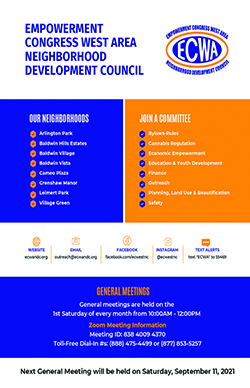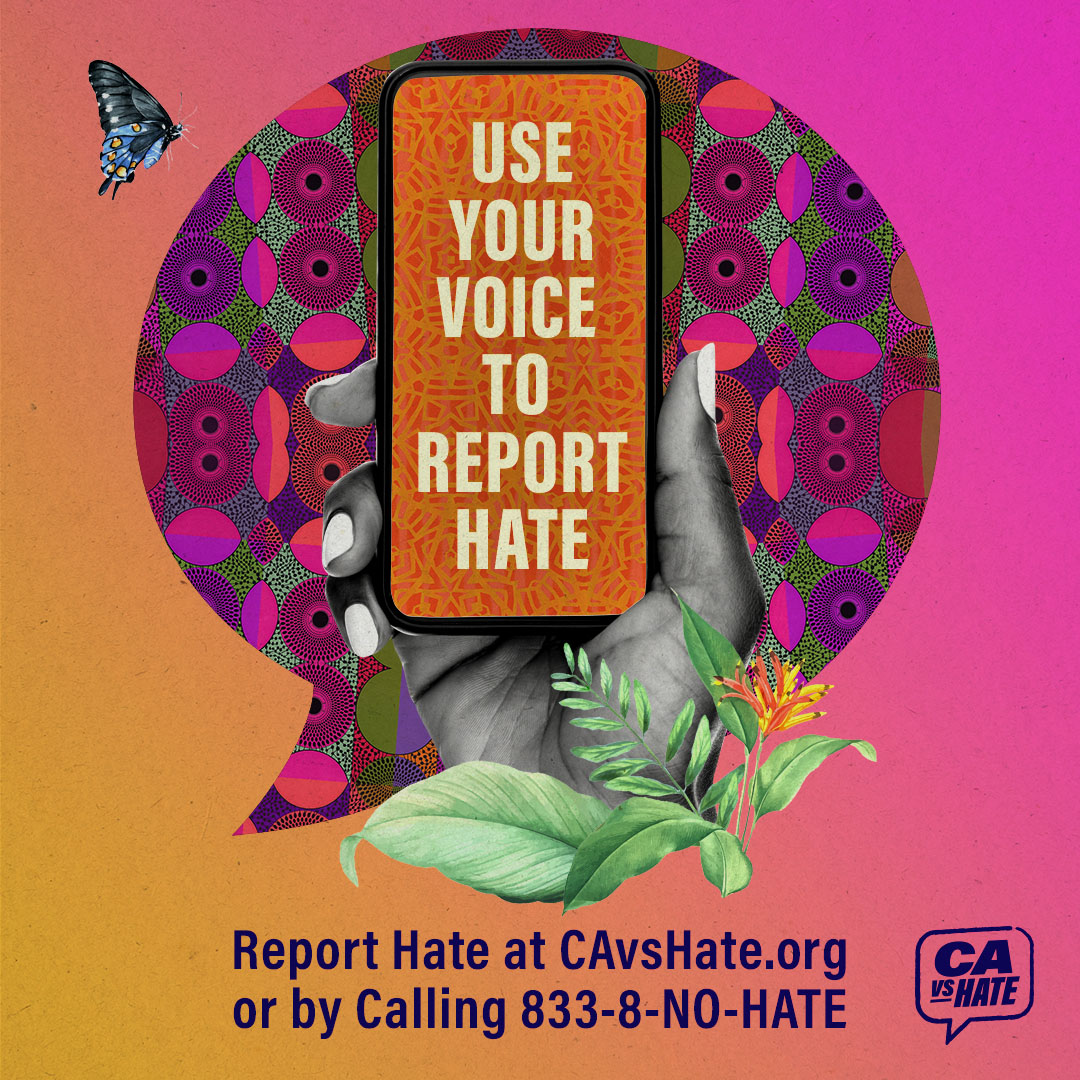Neighborhood Councils are a place where community members can participate in the political process and work to impact their local communities.
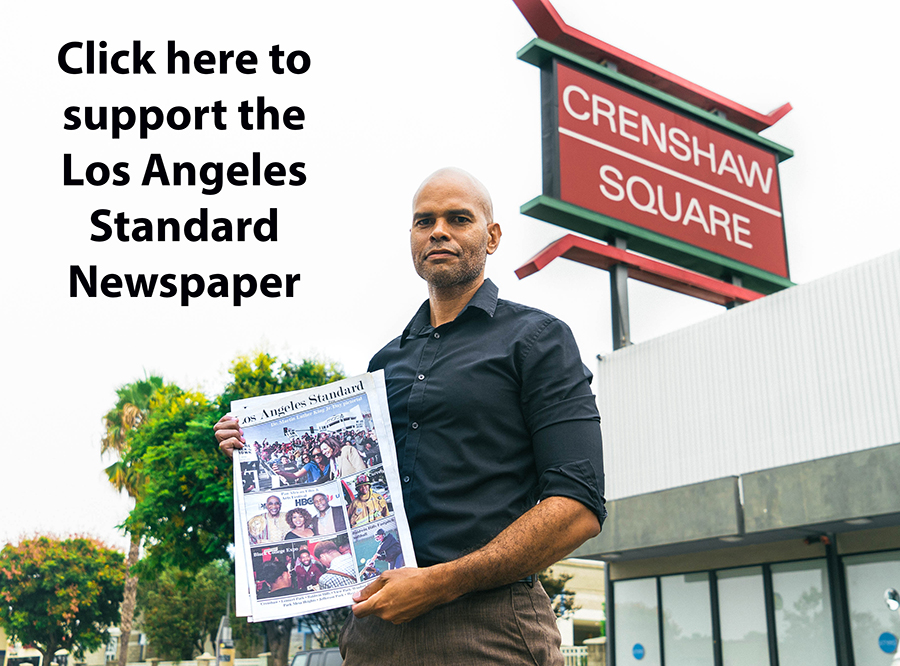
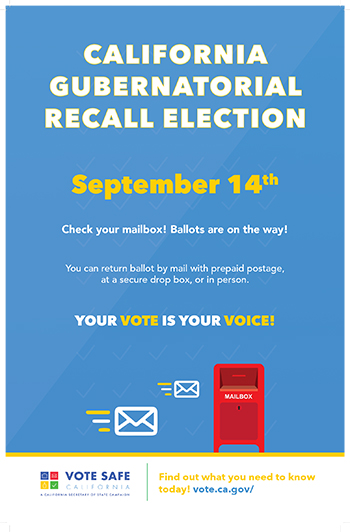
Over the next several months, the L.A. Standard will publish articles about the political process. The series feature the different levels of politics, including neighborhood councils, city councilmembers, mayors, county supervisors, state assemblymembers, state senators, the governor, United States congressmembers, and the United States President. The purpose of this series is to highlight what each politician does, which politician people should contact for various issues, and how people can participate in the political process.
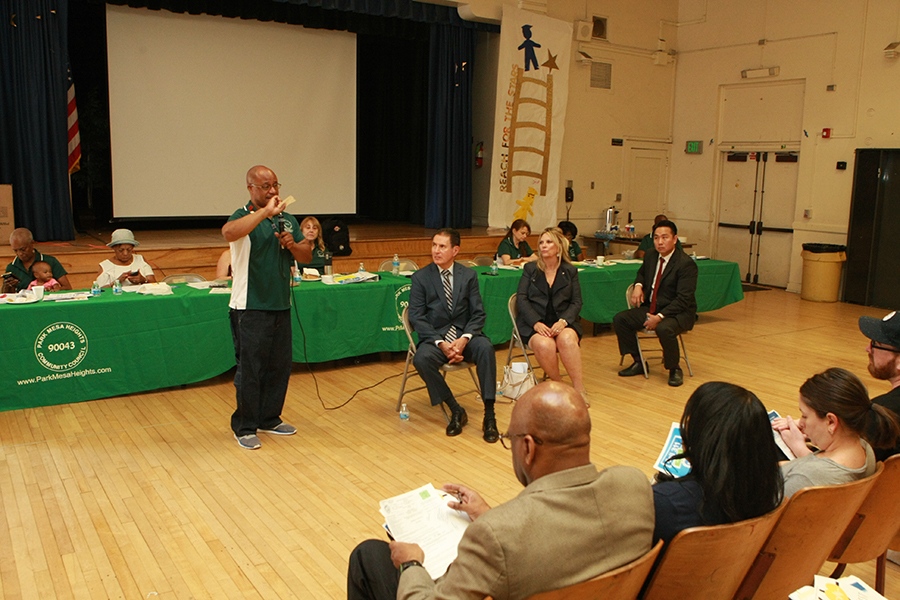
By Jason Lewis
Neighborhoods are constantly changing and problems will always arise, causing community members to question who is making decisions, or why certain developments are happening. While most people are not going to run for a political office, anybody who cares about what is going on in their neighborhood can find ways to be involved.
Neighborhood councils can be an entry point into the political process. In the city of Los Angeles, the Empowerment Congress was created in 1992 by Los Angeles City Councilmember Mark Ridley-Thomas. Each city council district has its own neighborhood council.
“As a long-time resident and elected representative, I deeply appreciate that participatory democracy requires all of us to engage in civic life,” Ridley-Thomas said. “Neighborhood councils play a critical role in ensuring that community members have a voice in city government. They advocate on critical issues such as homelessness, housing, public safety, and provide a powerful example of how to build and unify communities through creating opportunities to educate, engage, and empower residents.”
Many people are vocal on social media about issues that they see in their communities, but that is not the platform to bring about the changes that people want to see.
“So often you’ll see people going off on Facebook or Nextdoor,” said Gina Fields, chairperson of Empowerment Council West Area Neighborhood Development Council, which covers Baldwin Hills and Leimert Park. “Okay, you can complain about it if that’s your goal. But if your goal is to really solve the problem and try to help the neighborhood move forward in a positive way, you have to get involved. You can’t just sit at home with your thumbs typing negative things on your phone about what’s happening in your neighborhood.”
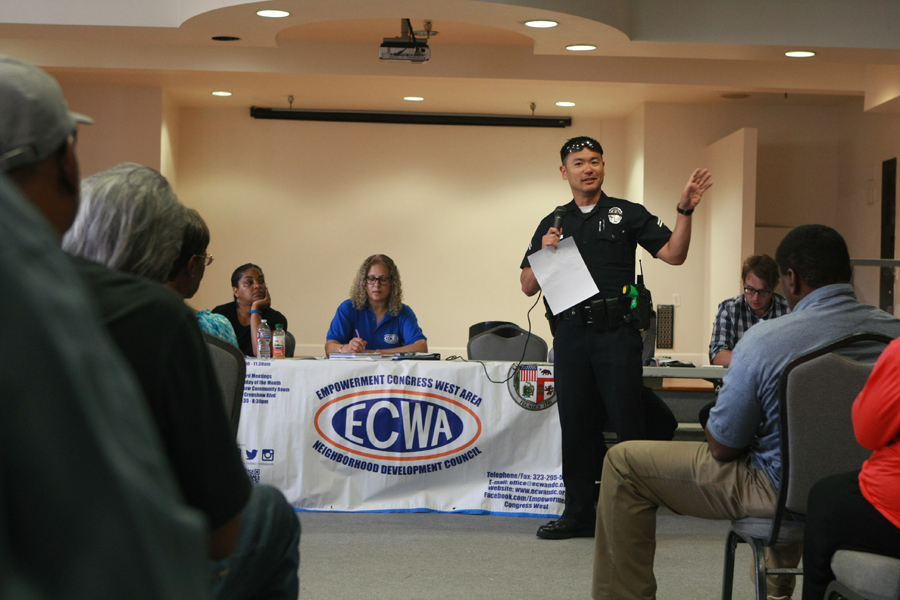
Neighborhood councils serve as an intermediary between the council district and the city, and they can strongly influence the policies and programs that the city councilmember in their district creates. But an issue that some neighborhood councils have is participation. According to KimMarie Johnson-Roussell, chairperson of the Park Mesa Heights Community Council, which covers Hyde Park, View Heights, and Angeles Mesa, there are roughly 40,000 people in their council district, but only 89 people voted in their recent elections, and only about 20 people participate on a regular basis.
“Those neighborhood councils where people are showing up (in larger numbers) to the neighborhood council elections, the councilmen for those districts tend to have more hands on participation with the community than those that do not have such a large turnout,” she said.
“Westchester community council has an array of lawyers that are on their council. When it comes to planning and land use, because of the heavy attorney presence, and their ability to be on top of the councilman, they’re heard. Just about anything that they propose, their councilman works with them because not only do they have a larger voice, they also have a powerful voice. In Park Mesa Heights, we have lawyers and skilled people that can roll up their sleeves and get things done.”
Development is a major topic in South Los Angeles, as luxury condominiums and high-priced apartments are springing up along the Crenshaw/LAX Metro rail. Many Black people view this as a sign of gentrification, and feel blindsided when they find out when a new development has already been approved. People can stay more informed and have more influence on development by participating with their local neighborhood council, specifically through their planning and land use beautification (PLUB) committees.
“So much is happening in our area,” Fields said. “There’s so much development. The Baldwin Hills Crenshaw Plaza; there are new buildings coming up all along Crenshaw every day. There’s a plan within the next two years to develop over 3,000 residential units in our area. That’s bringing in a lot more people into our area. Potentially 6,000 to 7,000 more people. That puts a stress on our infrastructure. It brings parking and traffic challenges. So our goal, especially with our planning, land use, and beautification committee, is to make sure that the development impacts us positively rather than negatively. One of those ways is to make sure that we work with developers so that when they’re coming into the neighborhood, that they’re hiring locally, that they’re giving affordable housing so that the people who live in the area can continue to live in the area.
“A lot of the developers, they’re obligated to come to a planning and land use committee meeting, and tell us what the designs are; tell us what their ideas for what they’re building are. And then listen to what we want and what we need. That’s one of the most powerful things that we have is our PLUB committee. If people really care about how our neighborhood is developing and moving forward, I urge them to attend those PLUB meetings, to really hear what’s being built, and really voice their opinions.”
In certain cases, the neighborhood councils have to push a developer out of their community.
“We’re playing whack-a-mole with these developers as they come in,” Johnson-Roussell said. “Our planning and land use committee is very much updated on everything that is being planned in the community.”
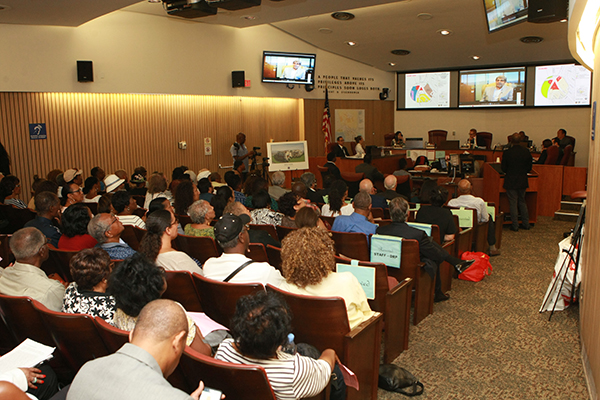
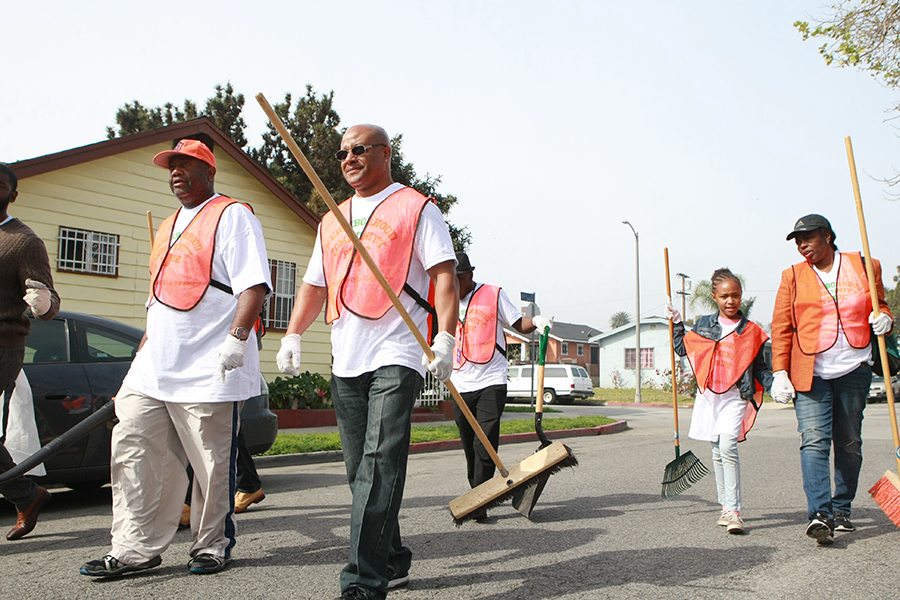
Neighborhood councils help resolve issues. Empowerment Council West worked with Councilmember Ridley-Thomas to house 75 homeless people who were living around Lemiert Park. Park Mesa Heights Community Council holds community cleanups to help pick up trash in their neighborhoods. Cars cruising up and down Crenshaw Boulevard has been an issue for decades, causing many complaints for locals. Neighborhood councils can work with law enforcement, local businesses, and community organizers to ensure that cultural events can take place without causing problems.
“We understand that it’s a part of the culture, but we also need to keep it safe,” Fields said. “So it’s figuring out a way that the classic cars can exist there but without the people who are doing the donuts in the middle of the street. We would rather have the neighborhood work together on these positive changes, than to have people calling the police on each other.”
The closure of Ralph’s on Crenshaw Boulevard and Slauson Avenue left Hyde Park and Angeles Mesa without a major grocery story, so Park Mesa Heights Community Council has stepped in to help bring attention to the issue so that it can be resolved. According to Johnson-Roussell, Ralph’s still holds the lease to the location, but they will not release it, preventing the owners of the building from locating a new grocery store tenant. The Park Mesa Heights Community Council is working to bring awareness to this issue so that their neighborhood can regain access to fresh foods.
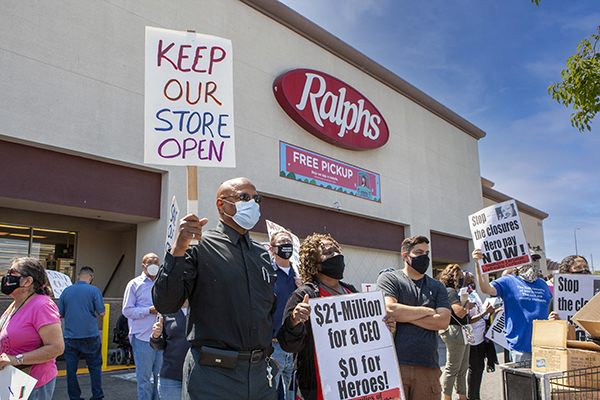
Local politicians typically attend neighborhood council meetings, or they send a staff member to give a report and answer questions. This gives community members a chance to interact with their local political representative. Los Angeles Police Department officers and city officials also give reports and answer questions at these meetings.
View Park-Windsor Hills is a part of Los Angeles County, so they are not a part of the city of Los Angeles’ neighborhood council system. The United Homeowners Association II advocates on their behalf. Ladera Heights is also a part of Los Angeles county, and they have the Ladera Heights Civic Assocation.
Local Neighborhood Council Meetings
-Hyde Park, Angeles Mesa, View Heights- 2nd Saturdays, 10 a.m., Angeles Mesa Elementary School, 2611 W. 52nd St. Contact: (323) 421-6250, This email address is being protected from spambots. You need JavaScript enabled to view it., www.parkmesaheights.org
-Leimert Park, Baldwin Hills- 1st Saturdays, 9:30 a.m., Baldwin Hills Crenshaw Plaza Contact:
www.ecwandc.org, This email address is being protected from spambots. You need JavaScript enabled to view it.
-West Adams- 3rd Mondays, 6:30 p.m., Vineyard Recreation Center, 2942 Vineyard Ave. Contact: (323) 451-9262, www.westadamsnc.org, This email address is being protected from spambots. You need JavaScript enabled to view it.
-Arlington Heights, Jefferson Park- 1st Thursdays, 6:30 p.m., Council District 10 field office, 1819 S. Western Ave. Contact: (323) 731-8686, www.unnc.org, This email address is being protected from spambots. You need JavaScript enabled to view it..
-Mid City- 2nd Mondays, 6:30 p.m., LAPD Wilshire Division community room, 4849 Venice Blvd. Contact: (323)732-5085, www.mincla.org, This email address is being protected from spambots. You need JavaScript enabled to view it..
-View Park, Windsor Hills- 4th Saturdays, 2 p.m., Park Hills Community Church Fellowship, 5245 Overdale Dr. Contact: (323) 248-1699, www.uhawhvp.org, This email address is being protected from spambots. You need JavaScript enabled to view it.
-Ladera Heights- Contact: (424) 256-5422, www.laderaheights.org, This email address is being protected from spambots. You need JavaScript enabled to view it.


